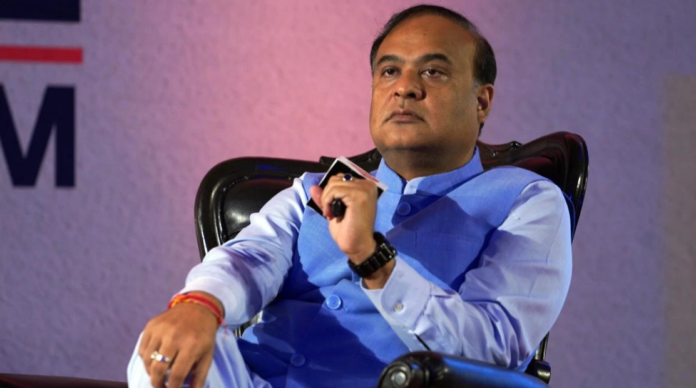Assam Chief Minister Himanta Biswa Sarma sparked controversy on Thursday during a session in the state assembly, as he outlined criteria for claiming indigenous status in the context of Mission Basundhara, a land allotment initiative.
Addressing the assembly, Sarma stated that individuals could claim indigenous status if they provided documentation or proof of identity prior to conversion. He emphasized the significance of historical records in determining indigenous status, particularly in light of conversions that occurred during the Mughal period, suggesting that those who were forcibly converted to Islam could reclaim their indigenous status by reverting to Hinduism.
Sarma clarified the definition of indigenous, highlighting that individuals who have resided in a region for generations are considered indigenous, while those who have migrated to Assam from outside cannot claim indigenous status. He specifically excluded recent migrants, including the Miyaan community, referring to Bengali-speaking Muslims of Bangladesh origin, from eligibility for land allotment under Mission Basundhara.
Responding to opposition queries about land allocation for residents of Char areas (riverine islands), Sarma criticized the previous Congress government for neglecting land assessment and registration in these regions. He stressed the need for a separate policy to address land distribution in Char areas.
The Chief Minister’s remarks underscored the complexities surrounding the identification of indigenous communities and the allocation of land resources in Assam. While Mission Basundhara aims to provide land rights to indigenous inhabitants, the delineation of eligibility criteria has sparked debates over inclusivity and historical contexts of migration and conversion.



